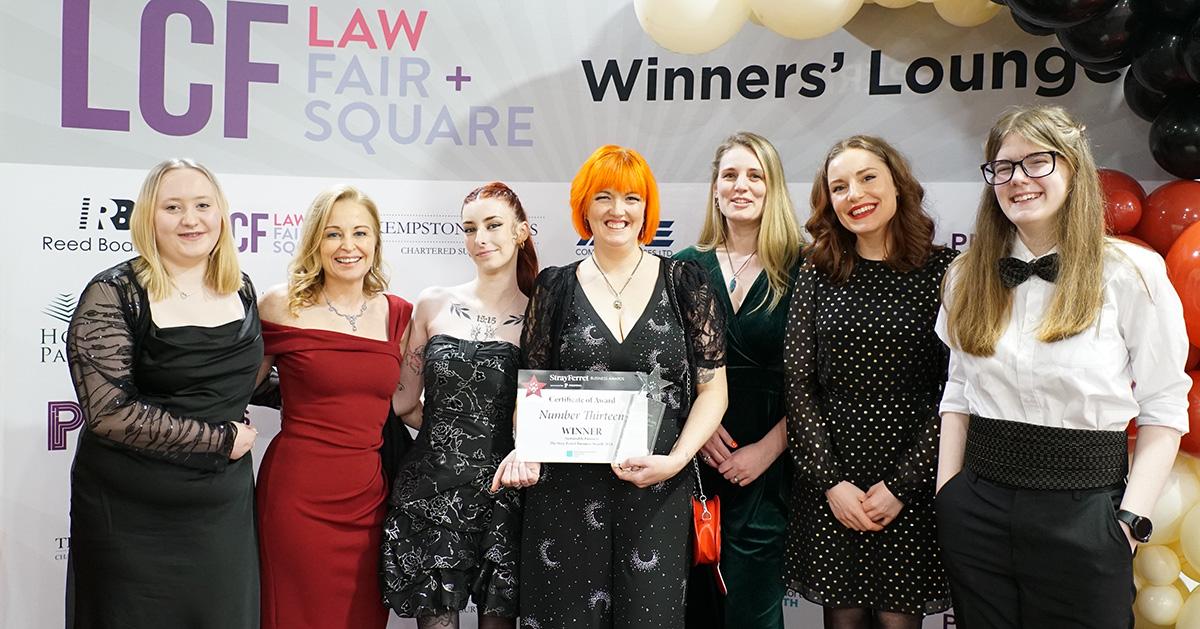Subscribe to trusted local news
In a time of both misinformation and too much information, quality journalism is more crucial than ever. By subscribing, you can help us get the story right.
- Subscription costs less than £1 a week with an annual plan.
Already a subscriber? Log in here.
21
Apr 2024
The Yorkshire cafés putting sustainability at the heart of their business

(Image: Yolk Farm and Number Thirteen)
From dutifully separating plastics and glass for recycling, to thrifting second hand clothes and furniture, there are many small ways we can be kinder to the planet.
As consumers it can feel we can only go so far; extensive research suggests that it is businesses that need to adopt more environmentally conscious methods.
And it’s not only the larger enterprises; while the 2017 Carbon Majors Report revealed that just 100 companies have been the source of 71 per cent of the world’s greenhouse gas emissions since 1988, smaller businesses also have a part to play.
But investing in a greener approach can be costly and time-consuming, especially when plans have to be applied retrospectively to the way a company operates. However, there are plenty of thriving independent businesses that have embraced sustainability from the offset, leading the charge when it comes to greener business practices - especially here in North Yorkshire.
'I think Knaresborough is quite eco-conscious as a community'
For Sarah Ward, founder of Number Thirteen in Knaresborough, owning her own coffee shop was a dream she’d always held. However, it wasn’t until she moved to New Zealand for a year and experienced their café culture that her vision took on a more environmentally friendly approach.
She explained:
However, it was important to Sarah that sustainability was an integral cog in the wider machine of running of a café, in order to normalise choosing greener alternatives.

(Image: Number Thirteen)
Since Number Thirteen opened in 2018, Sarah estimates they’ve sold over 500 of their own reusable takeaway cups, with many of those customers returning regularly for their caffeine fix.
While she believes that customers primarily seek them out as a coffee shop, the fact that sustainability unpins the operation is an added bonus to many – and encourages them into a greater awareness of the environment in their own lives.
She explained:
Number Thirteen’s efforts certainly haven’t gone unnoticed; this year they were recognised with a Sustainable Business accolade at the Stray Ferret Business Awards.

Number Thirteen at the Stray Ferret Business Awards 2024
In the future, Sarah would love to explore further ways that sustainability could be embraced by not only her business, but the wider community.
She added:
'We always consider sustainability in our approach'
Fundamentally, the nature of Yolk Farm’s business lends itself to sustainability, and it’s a concept they’ve wholeheartedly leaned into.
Located on Minskip Road on the outskirts of Boroughbridge, the farm, shop and café describes itself as a‘young, vibrant, high welfare hen farm run by a new generation of entrepreneurial farmers’.
Emma Mosey of Yolk Farm explained:

(Image: Yolk Farm)
Other eco-conscious tactics include using solar panels on the farm, reusing produce boxes from the market for customers' shopping, and stocking packaging-free options in the shop on dried goods, frozen goods, and household cleaning products.
It’s not just human colleagues that are pursuing the environmentally friendly agenda; Yolk Farm has three ‘waste warriors’ in the form of their Kunekune pigs, who consume an estimated two tonnes of fruit and vegetable waste from the farm shop per year.

(Image: Yolk Farm)
According to Emma, many customers do express an interest in the environmentally conscious aspects of the business.
She said:
0